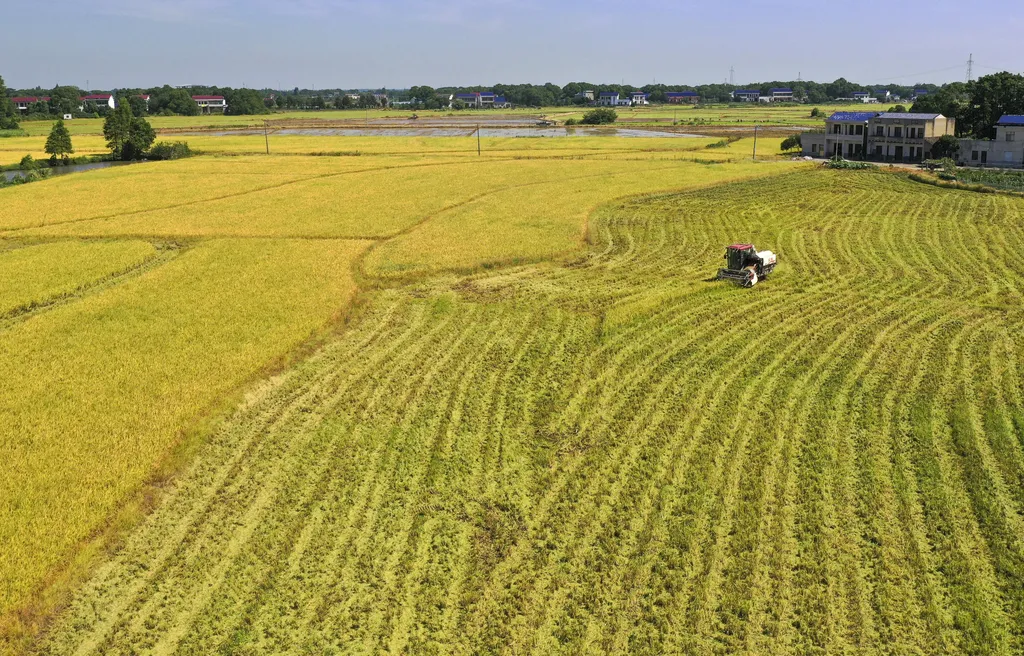In the heart of China’s tropical island province of Hainan, researchers have made a breakthrough that could reshape the future of rice cultivation and, by extension, global food security. Dr. Yong Zhao and his team at the Sanya Institute of China Agricultural University have identified a gene that could significantly enhance rice yields by improving lodging resistance, panicle architecture, and plant architecture.
The gene, named STRONG1, encodes a protein called MICROTUBULE-ASSOCIATED PROTEIN 70 (MAP70), which plays a crucial role in the arrangement of the microtubule skeleton in rice plants. By knocking out or knocking down this gene, the researchers observed a remarkable increase in grain yield, ranging from 9.3% to 15.4% in field plot trials. This yield boost is attributed to improved lodging resistance, which is the ability of the plant to withstand harsh weather conditions without bending or breaking, and enhanced panicle and plant architecture, which facilitates high-density planting.
The researchers also identified a single-nucleotide polymorphism (SNP) in the STRONG1 promoter that affects its expression. This SNP, located in a MYB61-binding site, results in changes in cellulose content and sclerenchyma cell wall development, further influencing the plant’s lodging resistance and yield. Rice accessions harboring the Hap-STRONG1 C haplotype, derived from wild rice, showed enhanced lodging resistance and yield compared to those carrying Hap-STRONG1 A.
The implications of this research are vast, particularly for the energy sector. Rice is a staple food for more than half of the world’s population, and any improvement in its yield can significantly impact global food security. Moreover, the energy required to produce rice is substantial, and increasing yield per unit area can help reduce the energy footprint of rice cultivation.
Dr. Zhao expressed his enthusiasm about the findings, stating, “This study provides a candidate gene for the development of improved rice varieties with stable, high yields. We believe that our findings will pave the way for future research in this area and contribute to the development of more resilient and productive rice varieties.”
The research, published in the prestigious journal Nature Communications (translated to “Nature Communications” in English), offers a promising avenue for enhancing rice yields and improving food security. As the global population continues to grow, the demand for food will only increase, making such breakthroughs all the more crucial. The findings of this study could shape future developments in the field of agritech, leading to the creation of more resilient and productive crop varieties.

